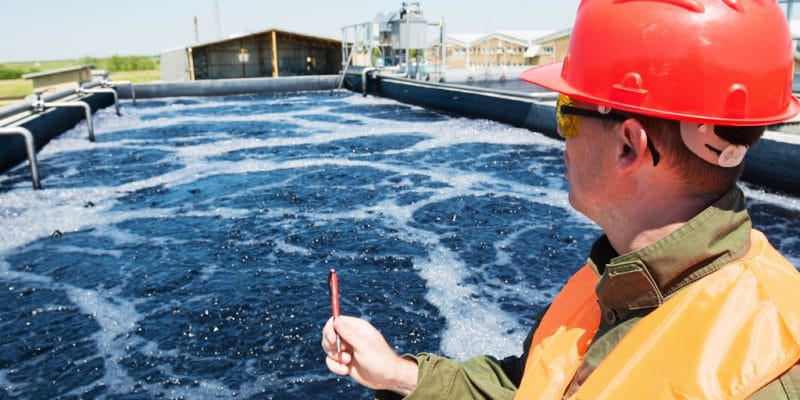The German Cooperation Agency (GIZ) has appointed Atkins, a design, engineering and project management consultancy firm to develop "more sustainable and effective" approaches to improving access to safe drinking water and adequate sanitation in Egypt. Atkins will work in collaboration with Chemonics Egypt Consultants.
Egypt wants to improve its performance in the management of water and sanitation services. The country continues to face many challenges, including rapid population growth, dwindling natural resources, increasing energy demand, etc. The country is facing a number of challenges. On January 11th, 2021, the German Cooperation Agency (GIZ), Egypt’s partner since 1956, appointed Atkins to assist the government of this North African country in water management.
The design, engineering and project management consulting firm has until June 2021 to prepare guidelines and provide training for the reduction of “unprofitable water”. Atkins, also a member of the SNC-Lavalin group, will assess the potential for the use of sewage sludge as an electricity source, developing two concept studies and standard contract documents for private sector participation. “Measures to reduce electricity consumption in Egypt’s water sector will also be proposed,” says SNC-Lavalin.
Water treatment
Atkins will also propose “more sustainable and efficient” approaches to treating groundwater and clean wastewater in Egypt. The consulting firm will be supported in the implementation of the project by Chemonics Egypt Consultants, a Cairo-based engineering and management consulting firm.
Atkins is deploying in Egypt at a time when numerous water and sanitation projects are being implemented. In September 2020, the Egyptian government re-commissioned the Luxor wastewater treatment plant in the eponymous governorate. The rehabilitated facility is now capable of treating 36,000 m3 per day, compared with 20,000 m3 of water per day before the project was implemented.
Inès Magoum






